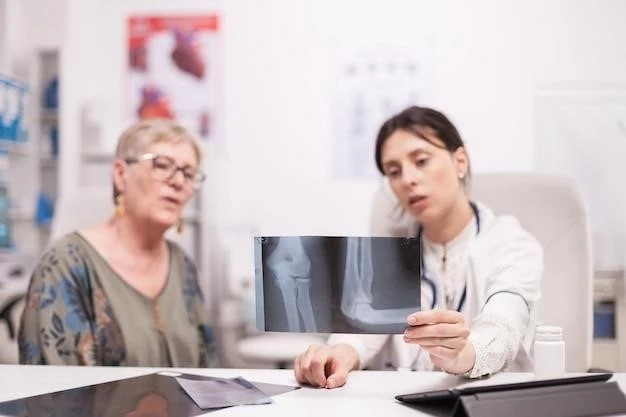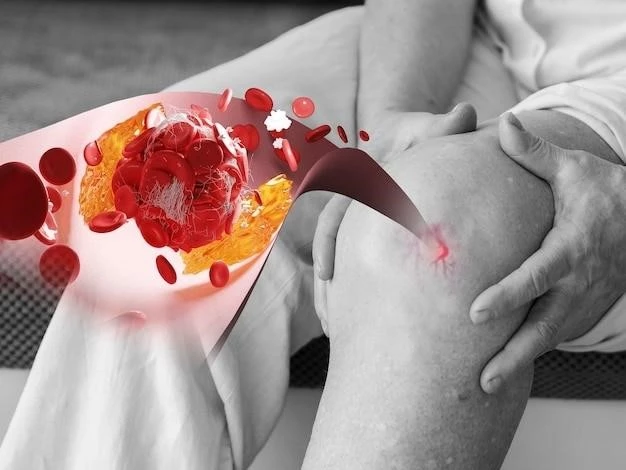Overview of Reactive Arthritis
Reactive Arthritis is an infection that results in joint pain triggered by a urinary tract issue.
It affects joints, eyes, and urinary tract, and can be triggered by various infections.
Definition and Characteristics
Reactive Arthritis is an infection-triggered joint condition that typically affects the knees, feet, toes, hips, and ankles. It manifests as pain, stiffness, and swelling in the joints and tendons and is often associated with previous bacterial infections.
Triggers and Causes
Reactive Arthritis is typically triggered by bacterial infections, such as Chlamydia trachomatis or salmonella. This infection can lead to widespread inflammation that affects not only the joints but also the eyes and urinary tract. Individuals with a genetic predisposition may be more susceptible to developing Reactive Arthritis after infections. The condition is considered part of the spondyloarthritis spectrum and is managed by a multidisciplinary healthcare team.

Symptoms and Diagnosis
Reactive Arthritis often presents with joint pain, stiffness, and swelling in the knees, feet, toes, hips, and ankles. It can be triggered by infections and requires a clinical diagnosis based on symptoms.
Common Symptoms
Common symptoms of Reactive Arthritis include pain, stiffness, and swelling in the joints, especially in the knees, feet, toes, hips, and ankles. Other common signs are tenderness, inflammation, and associated eye or urinary tract problems.
Diagnostic Process
The diagnosis of Reactive Arthritis is mainly clinical, involving a thorough assessment of symptoms, medical history, and potential triggers such as recent infections. Laboratory tests may be conducted to support the diagnosis, ruling out other conditions with similar symptoms. Imaging studies like X-rays or MRI scans might be used to evaluate joint damage and inflammation.
Treatment Options
Various treatment options for Reactive Arthritis include medications, physical therapy, lifestyle changes, and home remedies to manage symptoms and improve overall joint health.
Medications and Therapies
Treatment of Reactive Arthritis often involves a combination of medications, such as nonsteroidal anti-inflammatory drugs (NSAIDs), corticosteroids, and disease-modifying antirheumatic drugs (DMARDs). Physical therapy and lifestyle modifications are also essential components of managing the condition.
Lifestyle Changes and Home Remedies
Managing Reactive Arthritis may involve lifestyle changes such as maintaining a healthy weight, exercising regularly, and implementing joint-friendly activities. Home remedies like applying ice packs, using supportive footwear, and ensuring a balanced diet rich in anti-inflammatory foods can also help alleviate symptoms.
Management and Prevention
Effective management of Reactive Arthritis involves a combination of medications, therapies, and lifestyle adjustments. Preventive measures focus on identifying and addressing triggers to reduce flare-ups and complications.
Long-Term Management Strategies
Long-term management of Reactive Arthritis focuses on ongoing medications, regular physical therapy, and lifestyle modifications. Patients are advised to maintain a healthy weight, practice joint-friendly exercises, and attend regular medical check-ups to monitor their condition and prevent potential flare-ups.
Preventive Measures
Preventive measures for Reactive Arthritis focus on avoiding potential triggers such as infections by practicing safe sex, maintaining proper hygiene, and promptly treating any infections. Early diagnosis and treatment of infections can help reduce the risk of developing Reactive Arthritis.

Complications and Prognosis
Reactive Arthritis can lead to potential complications such as long-term joint damage and recurrent flare-ups. The prognosis varies, with many individuals experiencing improvement over time with proper management.
Potential Complications
Reactive Arthritis can lead to complications such as long-term joint damage, recurrent flare-ups, and inflammation in the eyes and urinary tract. These complications may vary in severity and require ongoing management to prevent further issues.
Prognosis and Outlook
Reactive Arthritis has a varied prognosis, with many individuals experiencing improvement over time with proper treatment and management. Early diagnosis and ongoing care can help alleviate symptoms and prevent complications, leading to a positive outlook for many individuals affected by the condition.
Research and Future Directions
Reactive Arthritis is under ongoing research to explore new treatments, potential triggers, and improve long-term management strategies. Emerging innovations aim to enhance diagnostic methods and develop targeted therapies for better outcomes.
Current Studies and Findings
Researchers are currently investigating new treatments, diagnostic approaches, and potential triggers for Reactive Arthritis. Studies aim to enhance understanding of the condition’s pathophysiology and develop targeted therapies for improved management outcomes. Stay tuned for updates on the latest research findings and advancements in Reactive Arthritis treatment.
Emerging Treatments and Innovations
Ongoing research is focusing on developing innovative treatments for Reactive Arthritis, aiming to provide more targeted and effective therapies. Emerging innovations may include novel medications, advanced diagnostic tools, and personalized treatment approaches to improve outcomes for individuals affected by the condition.
